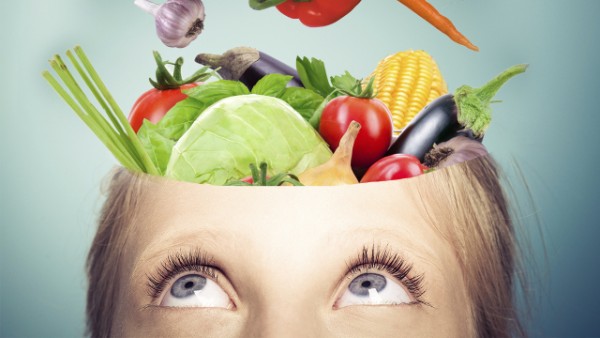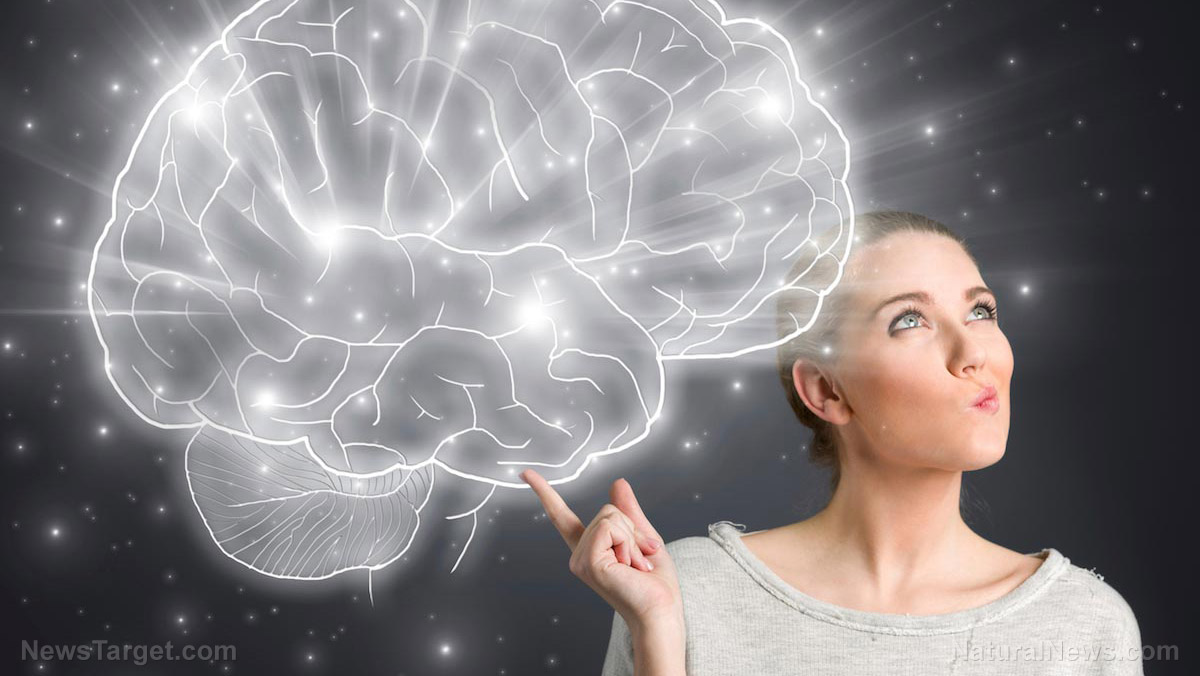Study shows how bacteria can affect your mood
06/12/2018 / By Edsel Cook

The idiom “gut feeling” takes on a whole new meaning after Canadian researchers released their findings on the gut microbiome. They claim that gut bacteria can affect the way that person’s brain works, an article from the BBC states.
It will be a long while before experts finish identifying all of the microbes in our bodies and their effect on our health. However, studies have shown that autism, depression, and neurodegenerative diseases are linked to these tiny residents of our body.
A growing number of researchers are now invested in “psychobiotics,” the addition of mood-affecting probiotic microbes to alter mental health. This field traced its origin to a Japanese study that showed how mice brought up in germ-free environments showed twice the amount of stress hormone when anxious.
Additional research conducted after that groundbreaking study showed that bacteria living in the gut can affect the brain through a number of ways. In particular, people who are clinically depressed generally have a less diverse – and therefore unhealthy – population of bacteria. (Related: Eat right to feel good: Your diet affects your gut bacteria, which then influence your health.)
Transferring microbiota of depressed humans to rats causes depression in animals
Furthermore, only 43 percent of the cells in the human body are human. The rest is taken up by our microbiome that includes bacteria, fungi, single-celled, archaea and viruses.
And whereas the human genome possesses 20,000 genes, the combined genes of all the microbes in the human body can reach as high as 20 million. Small wonder experts refer to the human microbiota as “the second genome.”
That is before they get into the links between the microbiome and various conditions and diseases, including autism and depression. This led researchers from the University College Cork (UCC) to look into the idea of depression stemming from an unbalanced gut microbiome.
The Irish researchers took stool samples from human patients with depression. The stool contained microbiota that was transferred into lab animals. They reported that the animal recipients exhibited signs of depressed behavior.
One example was anhedonia, where depressed people lost interest in things they normally like. Rats normally loved sugary water, but they stopped caring after receiving microbiota from depressed humans.
Microbiota linked to onset of Parkinson’s disease
The connection between the microbiome, gut, and brain also appear in Parkinson’s disease. The disorder affects the brain, but several studies suggest that gut bacteria contributed to Parkinson’s disease. People who suffer from the disease have very different microbiomes compared to healthy individuals.
California Institute of Technology (Caltech) researchers transplanted microbiota from Parkinson’s patients into mice that were bred to develop the disease. The animals showed more severe symptoms than if the stools were from healthy people.
“The changes in the microbiome appear to be driving the motor symptoms, appear to be causal to the motor symptoms,” said Sarkis Mazmania, the head of the Caltech study. “We’re very excited about this because it allows us to target the microbiome as an avenue for new therapies.”
Microbial medicine is still in its early stages. Its proponents, however, are enthusiastic about this new way to change human health and wellness.
Some psychiatrists are already recommending their patients to take a probiotic blend of good bacteria for better mental health. Others want to find out what particular species or sub-species of bacteria can affect our brain, as well as what products they create in our gut.
If you want to read more articles about the relationship between your health and your gut microbiome, visit Medicine.news.
Sources include:
Tagged Under: causes of depression, gastrointestinal microbiota, gut microbiome, gut microbiota, healthy gut microbiota, human gut microbiome, human microbiome, mental health, microbiota, Parkinson's Disease, probiotics, therapeutic probiotics




















